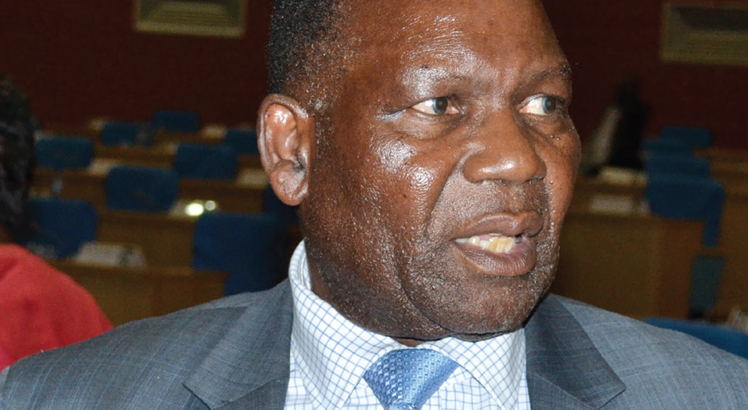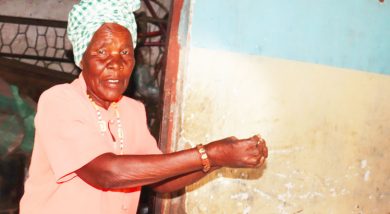Irrigation for crop diversification pays
Agriculture is the backbone of Malawi’s economy, but it has been hit hard by droughts, flooding, storms and erratic rainfall.
However, some farmers are migrating from rain-fed agriculture to irrigation farming for higher yields and greater profits amid climate change.
Josephine Salimu, from Ngaiyaye Village in Neno District, is among the 381 farmers benefitting from Chifide Irrigation Scheme where World Vision Malawi constructed three canals that channel water from Shire River to the farmers’ plots.
The mother of three ventured into commercial farming in 2018 after noticing how other farmers were benefitting from the irrigation scheme.
She grows piripiri chillis, maize, okra and beans.
“My main cash crop is chilli,” she says. “Last season, I made over K3.5 million from the chilli sales alone and I bought a car. I am expecting more yields this season and plan to buy a two-tonne truck for transporting my farm produce.”
In 2020, Salimu built a house from the proceeds of irrigation farming.
A stone’s throw away from Salimu’s plot, Isaac Tambula, 34, grows chillis, eggplants, okra and tomatoes on his one-hectare plot.

The father of four no longer worries about erratic rainfall. He has been farming since 2008, but his family graduated from hunger and poverty in 2017 when he embraced irrigation farming.
“We are no longer subsistence farmers,” explains the father of four. “We take this as a business.”
From his plot, he has built a house roofed with iron sheets, bought a motorbike and livestock and improved his children’s welfare.
Crop diversification improves soil quality, crop yields and nutrition security.
It offers households diverse foodstuffs and a steady source of income even if one of the crops fails during the rainy season.
Farmers surrounding Chifide Irrigation Scheme are reaping the fruits of crop diversification.
It is one of the 46 irrigation schemes established by World Vision in Malawi to improve food and income security.
The schemes totalling 783.4 hectares benefit more than 5 200 smallholder farmers.
World Vision irrigation specialist Chimango Mlowoka says 15 schemes have been handed over to the Malawi Government for the benefit of 1 809 farmers.
She reckons the impact of these schemes spans beyond the targeted areas.
“We empower our farmers through messages on mindset change to ensure they move from subsistence farmers to commercially minded farmers,” Mlowoka says.
World Vision also trains them to operate and maintain their irrigation schemes sustainably.
It also connects them to partners, including those who can help them form cooperatives for better markets.
This is part of the global Sustainable Development Goal (SDG) number two on promoting sustainable agriculture, ending hunger and achieving improved nutrition by 2030.
SDG3 promotes healthy lives and well-being for all at all ages.
Ending hunger is also pivotal to sustained, inclusive and sustainable economic growth for the farmers in line with SDG 8.
Crop diversification is also key to Malawi’s economic growth as tobacco earnings keep waning amid a rising lobby against the health hazards fuelled by smoking.
This year, the world’s most tobacco-dependent country signed the World Health Organization (WHO) Framework Convention on Tobacco Control.
After surveying 165 countries, WHO reports that tobacco usage has significantly declined as 75 percent of nations worldwide had rolled out an effective tobacco reduction measure by 2021. This means tobacco sales are likely to decrease further, reducing foreign earnings for developing countries like Malawi.





